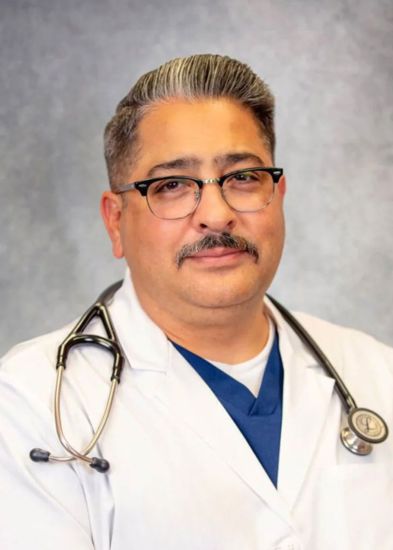Wound care refers to the treatment and management of wounds to promote healing and prevent complications. This can include:
- Cleaning the wound to remove dirt and debris
- Applying dressings to protect the wound and keep it moist
- Monitoring the wound for signs of infection
- Administering antibiotics if necessary
- Debriding the wound to remove dead tissue
- Using specialized treatments for chronic wounds
Wound care is important for all types of wounds, from minor cuts and scrapes to more serious injuries such as burns, surgical incisions, and pressure ulcers. Proper wound care can help to reduce pain, speed up healing, and prevent infection.



